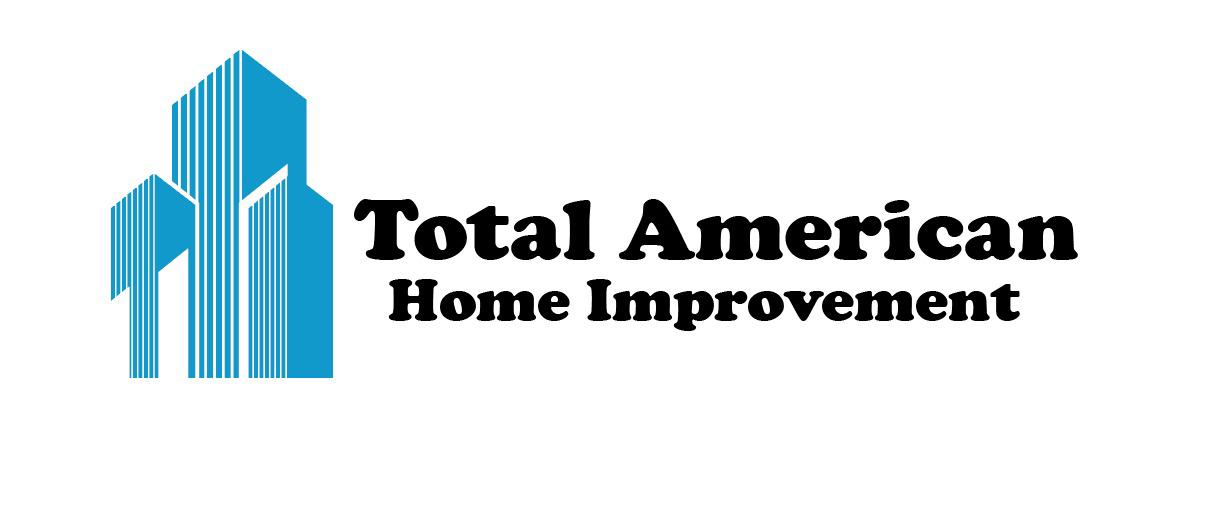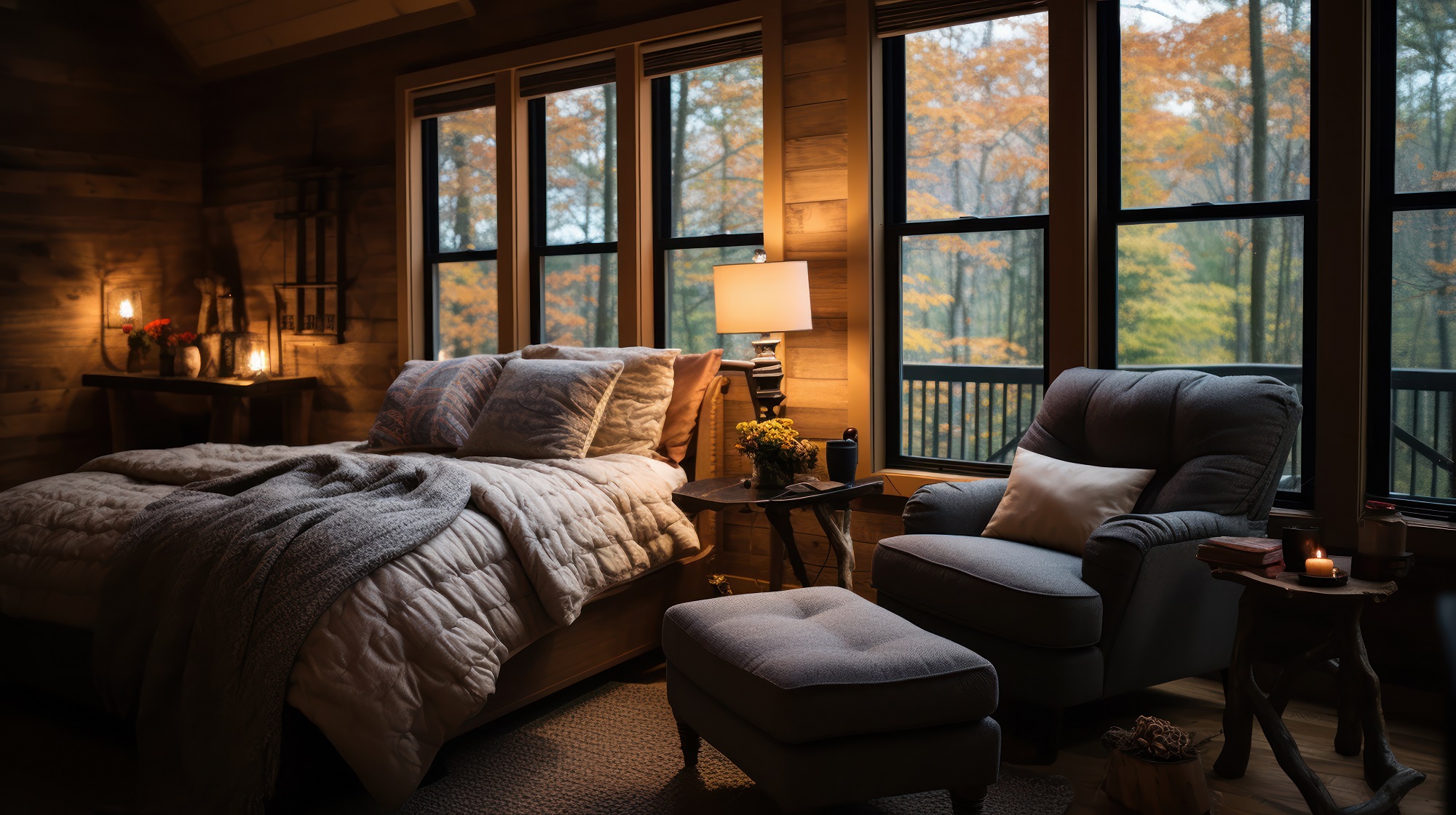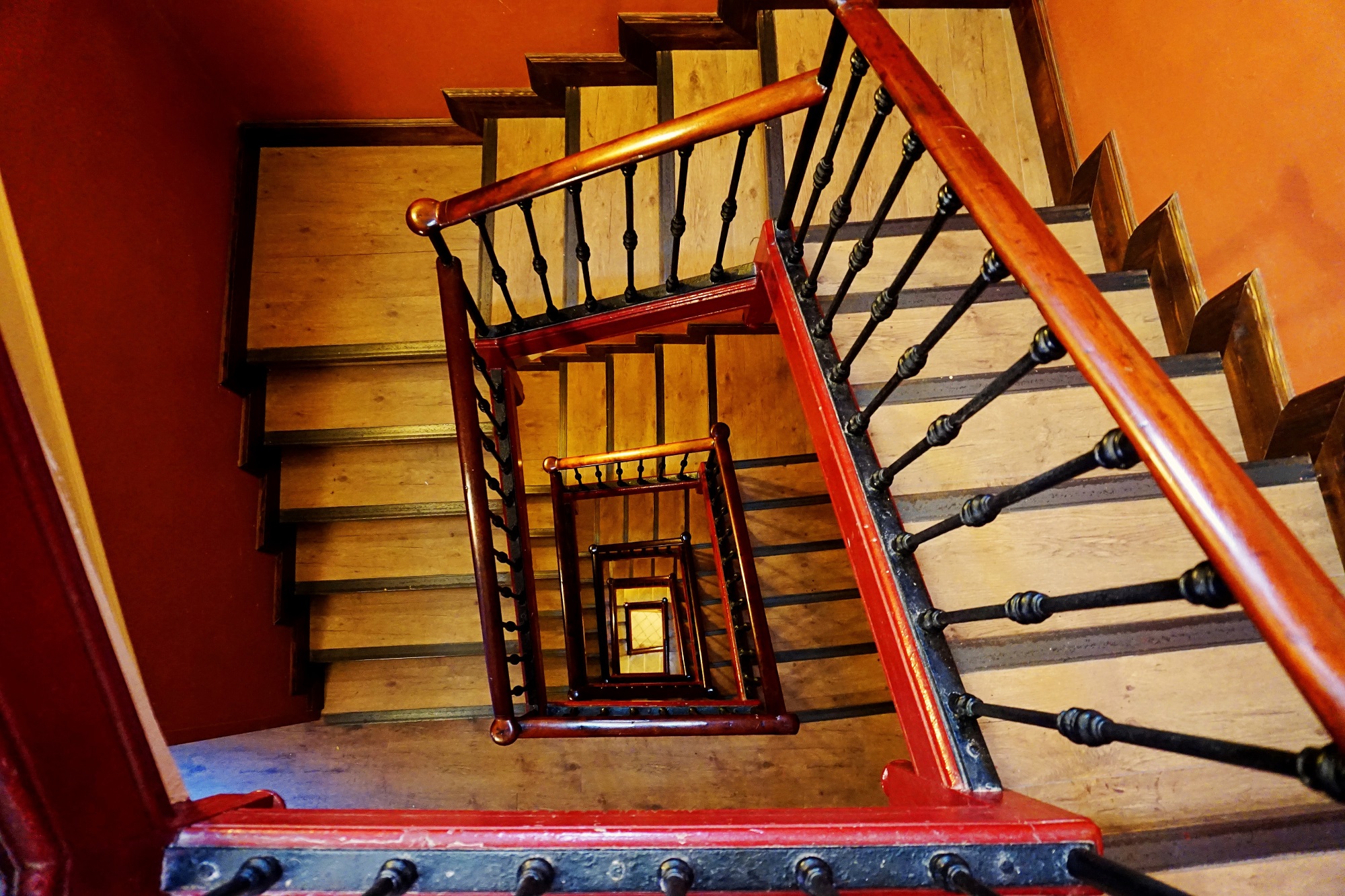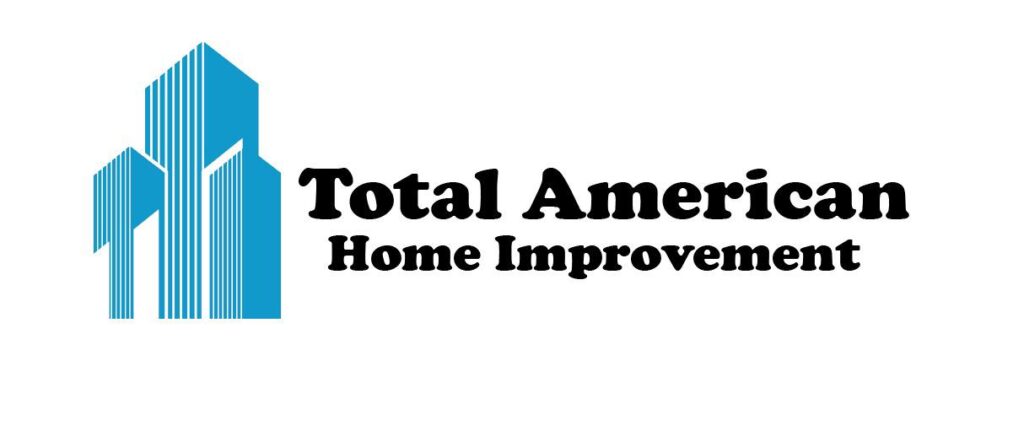Introduction
Chimneys are one of the most important elements of a home, yet they are often overlooked until a problem arises and hence chimney repair service is needed. As the main exhaust system for your furnace, hot water heater, and fireplace, a properly functioning chimney is critical for these appliances to operate safely. A chimney in disrepair can lead to a number of serious issues including carbon monoxide leaks, fires, water damage, and mold. Additionally, problems are often hidden within the chimney structure or flue lining, so even if you don’t notice any visible signs, that doesn’t mean nothing is wrong.
This is why chimney inspections and needed repairs should never be put off. Catching issues early is the best way to prevent more costly damages down the line. Chimney problems will only worsen over time without proper maintenance and repair. Yet finding the right chimney contractor is equally important. You want to ensure the company has expertise in all areas of chimney repair and will provide quality work at a fair price.
This guide covers tips for homeowners in Buffalo on recognizing when chimney repairs are needed, understanding the repair process, and choosing a reputable chimney repair contractor you can trust. With a properly repaired chimney, you can have peace of mind knowing your home’s exhaust system is operating safely for years to come.
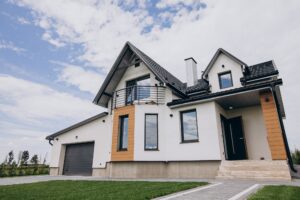
Signs You Need a Chimney Repair
Chimneys can deteriorate over time from use, weather, animals, and other factors. It’s important to watch for signs of chimney damage so you can address issues before they become serious safety hazards or lead to expensive repairs. Here are some of the most common indicators that your chimney needs professional inspection and repairs:
- Visible Damage: Look for cracked, crumbling, or missing bricks and mortar. Damage like this can allow water to seep in, corrode the chimney, and weaken its structure. Crumbling crowns or caps also need repair.
- Drafts: If you feel cold air coming down the chimney, it likely needs repointing to fill in gaps and cracks in the brickwork. This prevents heat loss and potential fire hazards.
- Smoking: Excessive smoking through the fireplace often indicates blockages like bird nests or other debris in the flue. A chimney sweep can remove the blockage and prevent future problems.
- Water Leaks: Watch for water stains or moisture on the chimney exterior and around the fireplace. This signals damaged flashing or loose mortar needing repair. Water damage can quickly spread if left unaddressed.
- Animals/Pests: Birds, raccoons, and other wildlife can enter and clog your chimney. Telltale signs are chirping noises or droppings around the fireplace. Screening and chimney caps can help deter animal entry.
Don’t ignore these warning signs. Contact a reputable Buffalo chimney repair contractor if you observe any issues. Timely repairs prevent extensive chimney damage and keep your home safe.
Chimney Inspection
Highly recommend a certified chimney sweep to conduct a chimney inspection if you suspect any issues or as part of annual maintenance. An inspection can identify problems early before they turn into major repairs.
Chimney inspectors will thoroughly examine the interior and exterior of your chimney using special cameras and tools. Some key things they check include:
- Build up of creosote, which is a chemical deposited by fire and smoke that can lead to chimney fires if not cleaned. Inspectors will check the thickness and location of any creosote buildup.
- Cracked or damaged flue liners. Flue liners provide a protective barrier inside the chimney. If cracked or damaged, smoke, heat and moisture can damage the chimney structure.
- Obstructions such as bird nests, leaves, dirt etc. These can block air flow.
- Separations or gaps in chimney joints, mortar, or masonry work. Separation gaps allow heat and moisture to damage the chimney.
- Rust, corrosion or spalling of masonry materials which weaken the chimney.
- Foundation settlement or sinking issues.
After a thorough inspection, the chimney sweep can advise if any repairs are needed. They can also properly clean and remove built up creosote if present. Getting annual inspections can catch issues early before they become big problems.
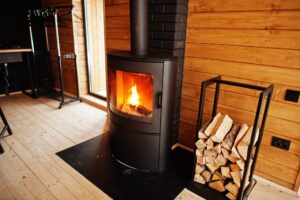
Types of Chimney Repairs
Chimney repairs can range from minor fixes to full rebuilds depending on the extent of the damage. Common chimney repairs include:
- Rebuild: A full chimney rebuild involves dismantling the existing damaged chimney and rebuilding it from the roof line up. This is necessary if the chimney structure is failing or critically unstable. Rebuilding gives you a completely new chimney made to the latest building codes and standards.
- Repointing: Over time, the mortar between chimney bricks can deteriorate, resulting in cracks and loosening bricks. Repointing involves scraping out the old mortar and replacing it with new mortar to stabilize the chimney.
- Cap Repair: Chimney caps sit at the top of the chimney to keep out rain, animals, and debris. Caps can become cracked, rusty, or displaced over time. Cap repair involves realigning or replacing the chimney cap.
- Damper Repair: If the damper inside the chimney flue is not functioning properly, smoke can backdraft into the home. Damper repair involves realigning the damper so it fully opens and closes.
- Cleaning: Chimney cleaning involves sweeping out built up creosote and debris inside the flue using brushes and vacuums. This is usually done annually as part of chimney maintenance. For damaged chimneys, a thorough cleaning is often the first step in repair.
Choosing a Chimney Contractor
Choosing the right chimney contractor is crucial to ensure quality work and safety. Here are some key factors to look for:
Licenses
- Make sure the contractor is licensed in your state/city. They should have a business license as well as specific licenses related to chimney work. This ensures they meet local legal requirements.
- Ask for their license number and verify it through your state licensing board website. Unlicensed contractors often do subpar work and won’t be held accountable if problems arise.
Experience
- Look for a company that specializes in chimney repair with at least 5-10 years of experience. They will be familiar with the latest standards and techniques.
- Ask about their experience with your specific chimney type and repair needs. Select someone who has expertise in the type of chimney and necessary repairs.
Reviews
- Check online reviews on sites like Google, Yelp, and the Better Business Bureau. Look for contractors with consistently positive feedback. Be wary of those with no reviews or predominantly negative ones.
- Ask the contractor for references from recent chimney repair clients. Reach out to the references and ask if they were satisfied with the work.
Insurance
- Only hire a chimney contractor with both liability insurance and worker’s compensation. This protects you from liability in the event of injuries or property damage.
- Ask for proof of insurance certificates with adequate coverage amounts. Call the insurance companies to verify. Uninsured contractors are too risky.
Following these guidelines will help you select a properly licensed, experienced, reputable, and insured chimney repair contractor you can trust to provide quality service. Make sure to get quotes from multiple contractors before deciding.
Questions to Ask Contractors
When interviewing chimney repair contractors, make sure to ask about their experience, pricing, timeline, and work guarantees. This will help you choose the right contractor for your chimney repair project.
Experience
- How long have you been in business? Look for companies with at least 5 years of experience. This indicates they have proven abilities.
- Are you certified by the Chimney Safety Institute of America? Certification ensures proper training.
- How many chimney repairs like mine have you completed? Look for extensive experience with jobs similar to yours.
- Can you provide references from recent chimney repair clients? Reach out to references to ask if they were satisfied.
Pricing
- What is your estimated price range for my chimney repair? Get quotes from at least 3 contractors.
- What factors affect your pricing? Labor, materials, scaffolding rental, and other costs should be explained.
- Are there any coupons or seasonal discounts available? Some contractors offer winter discounts.
- What is your payment schedule? Avoid large upfront payments.
Timeline
- How soon can you start the repair? Reputable contractors should be available within a week or two.
- How long do you expect the repair to take from start to finish? Many chimney repairs take only a few days.
- Will weather impact the repair timeline? Winter weather may cause delays.
Work Guarantees
- Do you provide a warranty for your work? Warranties should cover 1 year of labor at minimum.
- Will you do a leak test after the repair is complete? Leak tests ensure proper sealing.
- What happens if I am unsatisfied with the job? Look for a satisfaction guarantee.
Permits
Most chimney repairs require a permit from your local building department before work can begin. Permits are necessary for structural repairs, rebuilding or relining a chimney, or installing a new chimney cap.
Permits ensure that code-compliant work is done and that safety inspections are conducted. They also provide legal authorization for the contractor to perform the work.
Some minor repairs may not need a permit, such as:
- Tuckpointing damaged mortar joints
- Applying new chimney crown sealant
- Installing rain caps
But when in doubt, contact your local building department to find out if a permit is required. Avoid risking unauthorized work, as authorities may require you to remove or redo repairs that violate code.
Reputable chimney contractors will pull the necessary permits as part of their service. Any contractor suggesting unpermitted work should be approached with caution—it is in your best interest to follow the proper permitting process.
The contractor will submit project details, and once approved, post the permit so inspectors can check on progress and sign off at completion. There may be lead time for permit approval, so account for this when scheduling repairs.
Permits provide an extra layer of protection and reassurance. Ensuring proper permitting for your chimney repair involves meeting safety standards, passing inspection, and documenting the process with local building authorities. This helps safeguard your investment and prevent future problems.
After the Repair
Once the chimney repair is complete, you’ll want to inspect the contractor’s work thoroughly. Look at the repaired areas closely and make sure everything appears sturdy, properly sealed, and aesthetically consistent with the rest of the chimney. Check that any replaced bricks or mortar blend in.
It’s also important to keep up with chimney maintenance after a repair. Be sure to have your chimney inspected and cleaned on an annual basis by a reputable chimney sweep company. This regular maintenance helps prevent the buildup of creosote, a flammable byproduct from burning wood, and reduces your risk of a chimney fire. A chimney sweep can spot potential problems early and recommend repairs if needed.
Consider investing in a chimney cap, which sits atop the chimney opening. A cap can prevent animals and debris from entering the chimney, while also protecting the interior from moisture damage. Proper chimney maintenance and protection will help preserve your repair work and extend the life of your chimney.
Conclusion
Choosing the right chimney repair contractor is an important decision for Buffalo homeowners. By being aware of the signs you may need chimney repairs, getting a professional inspection, understanding the potential repairs needed, asking contractors the right questions, and being clear on costs and timelines, you can feel confident you are making the best choice. With the right chimney repair contractor, your chimney can be restored to peak condition, preventing future issues and keeping your home and family safe.
